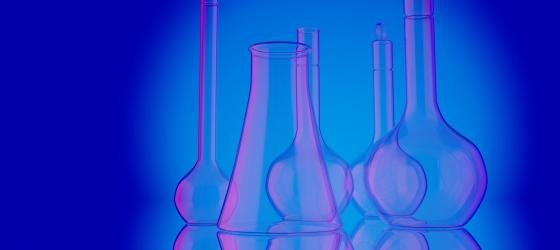SSD: MEDS-16/A - Malattie odontostomatologiche
Responsabile della ricerca: Maria Menini
Finanziamento: PRIN 2022
Descrizione
Aim: The aim of the present project is to evaluate the effect of different antibiotic strategies (long-span vs. short-span) for implant surgery on peri-implant tissue health, oral microbiome (included resistome) and salivary MiRNomics in healthy patients. The effect will be evaluated both clinically and in vitro, developing a 3D bone model.
Materials and Methods: A total of 80 patients will be included and randomly divided in two groups:
1. Long-span prescription: 1 g Amoxicillin every 8 h starting 1 day before surgery and for 5 days after surgery;
2. Short-span prescription: 2 g Amoxicillin 1 h before surgery.
Before surgery, patients will undergo an antibiotic sensitivity test (AST), and non-invasive samples will be taken to analyse oral microbiome including resistome. Saliva samples will be also taken for miRNomics analysis. Patients will be rehabilitated with single implants or partial implant-supported fixed prostheses. The day of surgery, samples of peripheral blood will be taken and peripheral blood mononuclear cells (PBMCs) isolated in order to implement a micro-fluidic bioreactor replicating the bone healing process of each patient. 3D bone models will be developed that are suitable for drug screening.
At 2 and 6 months post-treatment, AST test and oral microbiome and resistome analysis will be performed again. 2 months after treatment, a new saliva sample of the patients will be also taken, analysed and compared using MiRnomics technology with the preoperative one with the further aim of identifying reliable biomarkers of mucositis and perimplantitis. During the 12-month follow-up implant survival rate, marginal bone loss (MBL), biologic and technical complication rate and peri-implant health parameters (including plaque index, probing depth and bleeding on probing) will be evaluated.
Parametric or non-parametric comparative tests, as appropriate, will be performed to detect differences between the groups in the various outcome variables. The effect of patient-related and implant-related predictive factors on the various outcomes will be evaluated using multilevel logistic regression analysis. Metadata will be analyzed also with 4th generation Artificial Neural Networks (ANNs) (machine learning) using unsupervised and supervised systems.
Expected results: The present project is expected to shed light on the best antibiotic strategy to be used in healthy patients undergoing implant surgery. The outcomes will contribute to the development of effective clinical guidelines that will help to tackle the issue of antimicrobial resistance. In addition, the development and validation of a 3D bone model to be used for drug screening is expected, that might overcome limitations of currently available 2D bone models and animal studies. A further expected result is the identification of biomarkers for diagnosis and prognosis in implant dentistry, through salivary miRNomics that might lead to the development of a non-invasive liquid biopsy.
